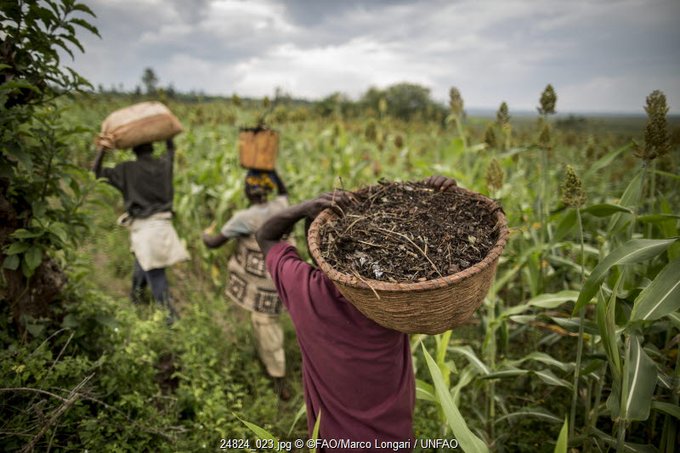| By Habakkuk Trust Rural communities in Matabeleland have expressed concerns over the transport costs incurred in receiving food handouts from Social Welfare. According to reports obtained from Habakkuk Trust Community Advocacy Action Teams, beneficiaries of the food aid are required to pay costs towards the transportation of maize. Despite the declaration of drought as a national disaster, the Government is struggling to provide food aid to the starving rural populace, and the Department of Social Welfare is targeting vulnerable households for distribution. Due to the unavailability of government transport, vehicles are hired and recipients share the cost. In Matobo District beneficiaries are paying between 20 to 30 rands per bucket received while in Insiza and Tshololotsho they pay $10 and $30ZWL respectively. The transport costs are said to be out of the reach of vulnerable households which include the elderly, disabled, and orphans. The absence of adequate social safety nets has worsened the plight of the vulnerable households during the COVID-19 lockdown. Requesting beneficiary households to pay towards the transportation of food aid defeats the whole purpose of alleviating the plight of vulnerable households. The World food program estimates that over two million Zimbabweans are on the brink of starvation and are in dire need of food aid. Vulnerable households are reportedly given 50kg bags of maize each month. However, in food distribution activities conducted recently, some households in Matobo Ward 11 had to share while in Matobo Ward 19 the number of recipients under the program was reduced by half from 180. Habakkuk Trust Community Advocacy Actions teams have commended the adherence to social distancing and wearing of masks during distribution. |
Food aid transport fee, a burden to the vulnerable






